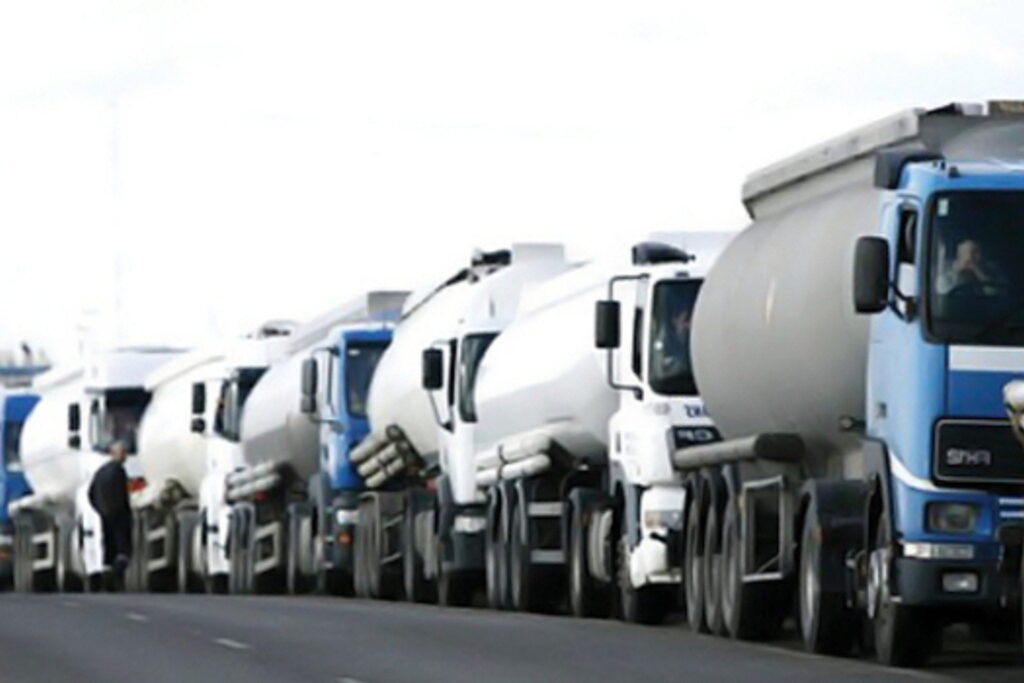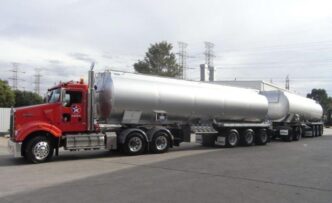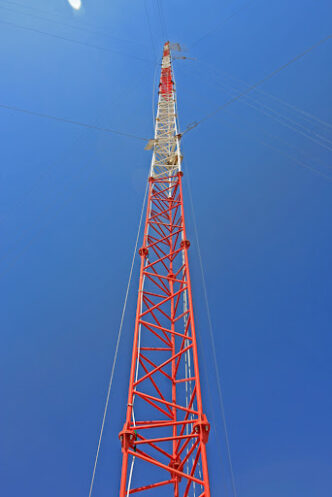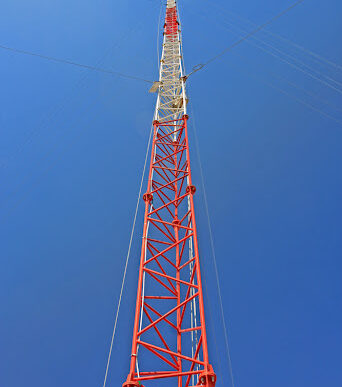In response to rising road accidents involving fuel tankers, the Nigerian Midstream and Downstream Petroleum Regulatory Authority (NMDPRA) has announced new regulations aimed at ensuring public safety.
The decision was disclosed in Abuja on Wednesday, February 19, by NMDPRA Executive Director, Distribution Systems, Storage, and Retailing Infrastructure, Ogbugo Ukoha.
He emphasized that the move was necessary due to the increasing number of tanker-related accidents, many of which had resulted in fatalities.
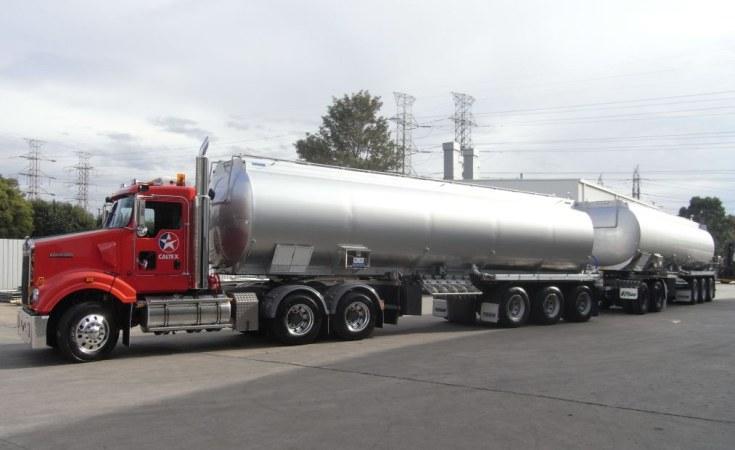
Speaking on the resolution, Ukoha stated, “The first stakeholders’ technical committee met today to drill down and put timelines for about 10 resolutions that had been taken on how to drive down the significant increase that had been observed in relation to trucks and transit incidents and fatalities.”
As part of the measures, it was agreed that, effective March 1, 2025, fuel tankers with an axle load exceeding 60,000 litres of hydrocarbon would no longer be allowed to load at any depot.
The decision followed deliberations with key stakeholders, including the Department of State Services (DSS), Federal Fire Service, Federal Road Safety Corps (FRSC), and various transport unions.
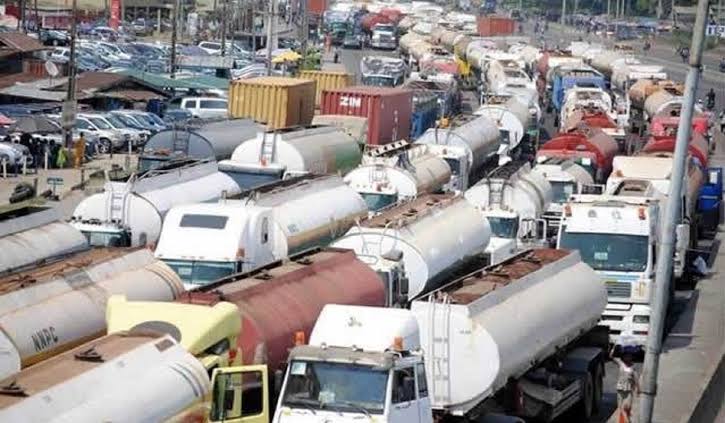
Ukoha further highlighted the severity of the situation, revealing that tanker accidents had risen sharply in 2023 and worsened in 2024.
“We noticed in 2023 what we thought was a significant increase in trucks and transit incidents. But in 2024, what we thought was an increase in 2023 was, sadly, much more,” he said.
Moreover, he warned that the trend in early 2025 was already indicating a further rise in accidents, which necessitated urgent intervention.
He explained that 10 key strategies had been outlined to mitigate the risks and prevent further loss of lives.
Furthermore, the NMDPRA emphasized the importance of collective efforts in ensuring road safety. “
The important thing about this is that, for the first time, consensus was built amongst all stakeholders, and we are continuing to encourage that we will work together cohesively to deliver a safe transportation of petroleum products across the country,” Ukoha noted.
Meanwhile, authorities remain committed to enforcing the new regulation, aiming to prevent future disasters and enhance the safety of fuel transportation in Nigeria.
